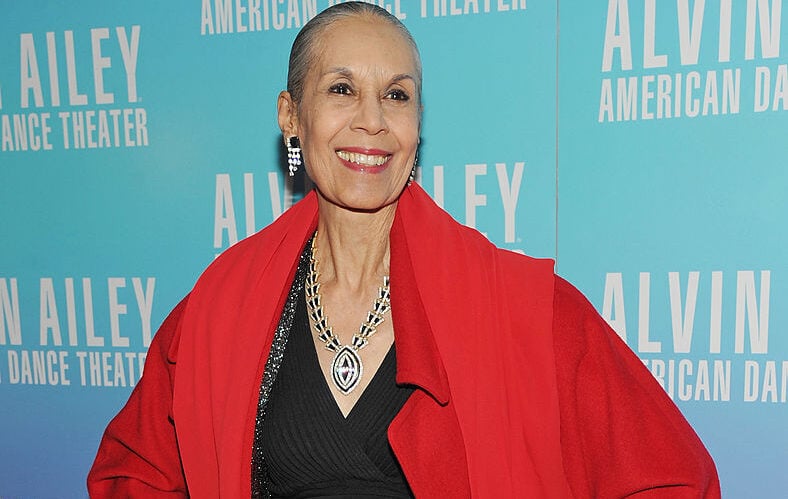Chicago Families Work to Close 20-Year Life Expectancy Gap


A Chicago family is challenging the city’s extreme life expectancy gap. WBEZ Chicago followed 27-year-old Daevon Reynolds, his mother, Tosheika Thomas, and his grandmother, Linda Thomas, all lifelong residents of Chicago’s West Garfield Park community.
All three family members echoed concerns about violence and the change in neighborhood norms from days past, where respect was a given between neighbors. As WBEZ explained,
Reynolds and his family are part of a community effort to improve the conditions in West Garfield Park that can lead to an early grave. His mom, Tosheika Thomas, and his grandmother, Linda Thomas, are beyond frustrated. They remember a time when neighbors looked out for one another, when children could jump rope out front or run free down the block.
But this isn’t just any trio. Tosheika Thomas is a co-founder and executive director of the Legacy Families. Her mother, Linda, serves as the head of outreach.
Legacy Families has a mission to “increase the length and quality of lives in West Garfield Park by providing hope, prioritizing safety, and preventing displacement while adding valuable resources to our community.” The organization focuses on grounding its work in empowered families and accessible resources.
According to the Chicago Health Atlas, there’s approximately a 20-year gap in life expectancy between the Loop (87.3 years) and the West Garfield Park community (66.6 years). Chicago has an average life expectancy of 78.7. It’s estimated that between 2019 and 2023, the community had a Hardship Index score of 93 out of 100. A note in the Chicago Health Atlas explained there was a strong correlation between the hardship index and poor health outcomes.
Other data from the Chicago Health Atlas estimated that over 55% of adults experienced moderate or serious psychological distress in 2023-2024. The community also had higher rates of asthma, diabetes, and hypertension than the city as a whole.
The life expectancy gap offers another measure of the hypersegregated nature of Chicago, with predominantly Black communities bearing the brunt of social, environmental, and economic factors. A 2019 analysis from the Department of Population Health at NYU Langone Health demonstrated the direct link between life expectancy and segregation. Segregation affects the quality of health care, environmental exposures, and even food quality.
According to Chicago’s Columbia College, nearly 27% of residents in West Garfiled park experienced food insecurity. And even where food has been accessible, the quality has been questionable. Some accounts indicate that West Garfield residents have raised concerns about the quality and condition of food sold at a Save-A-Lot supermarket that opened last year.
But the Legacy Families steering committee and other community organizers aren’t letting up. With new potential investments like the Sankofa Village Wellness Center, residents have a glimmer of hope in the unseen.
SEE ALSO:
Black Voters Showed Up For Themselves, Their Communities
Black Caregivers: Fight For Democracy Is About Health, Community
What's Your Reaction?
 Like
0
Like
0
 Dislike
0
Dislike
0
 Love
0
Love
0
 Funny
0
Funny
0
 Angry
0
Angry
0
 Sad
0
Sad
0
 Wow
0
Wow
0
































